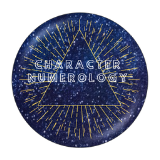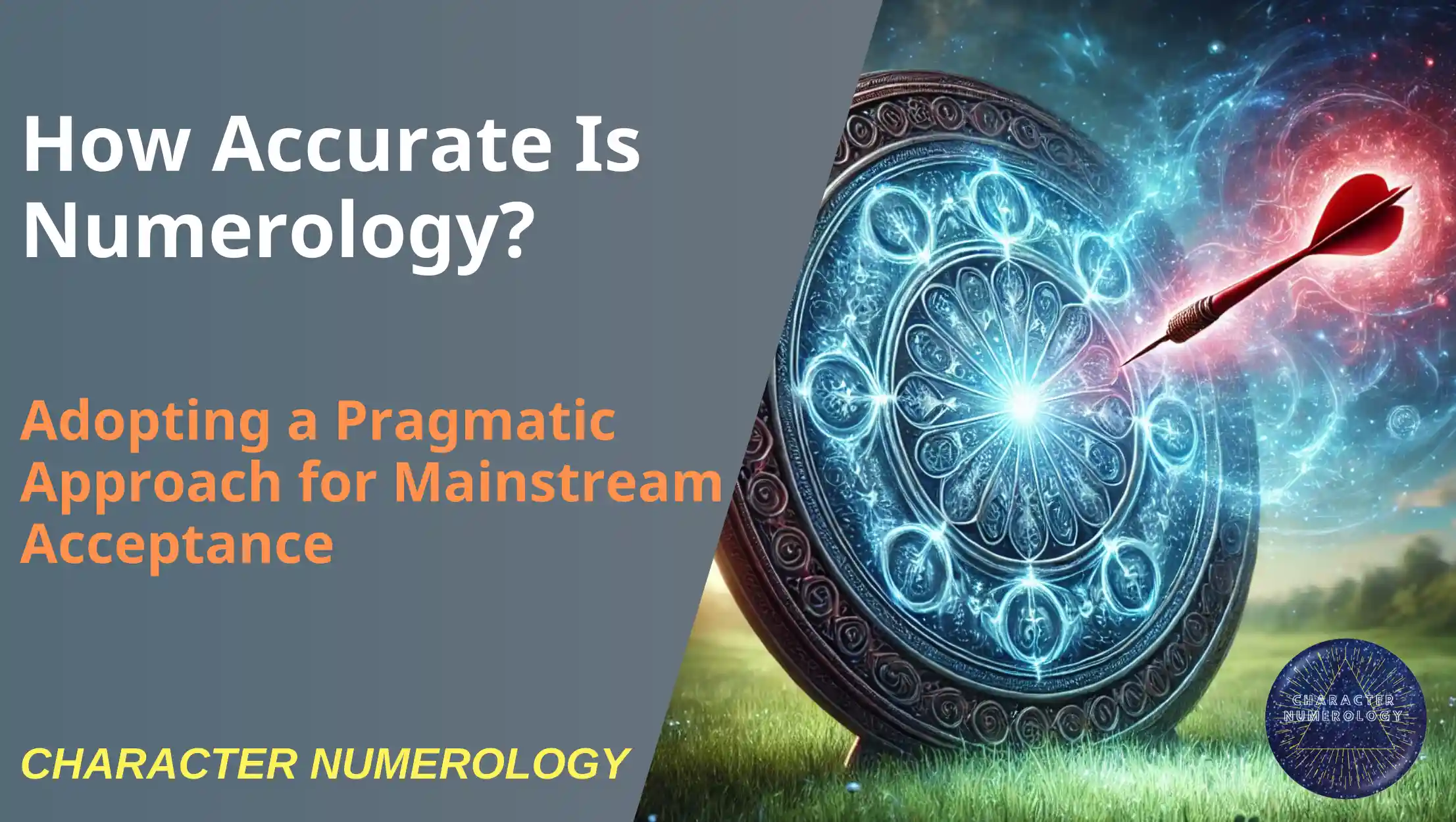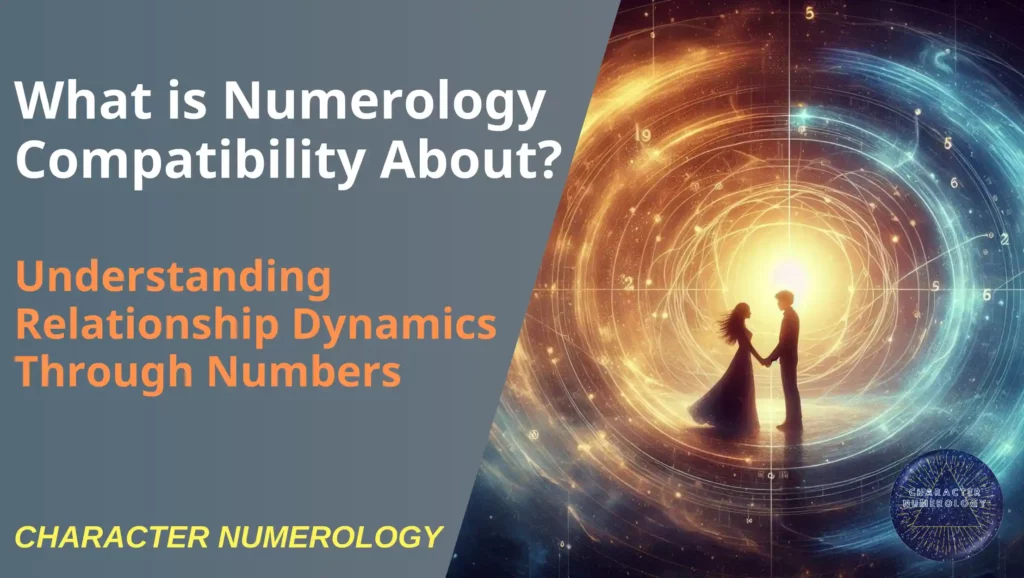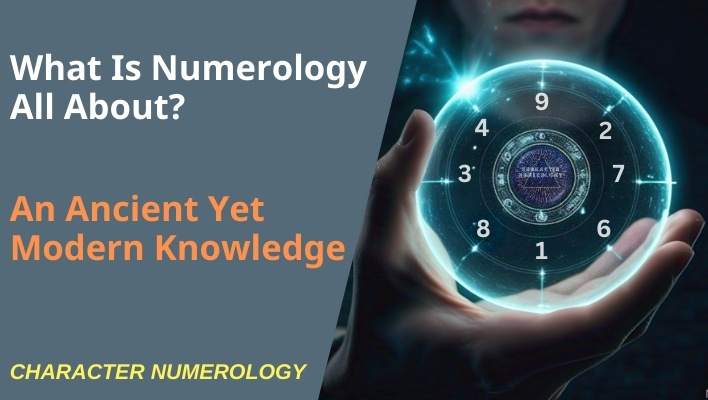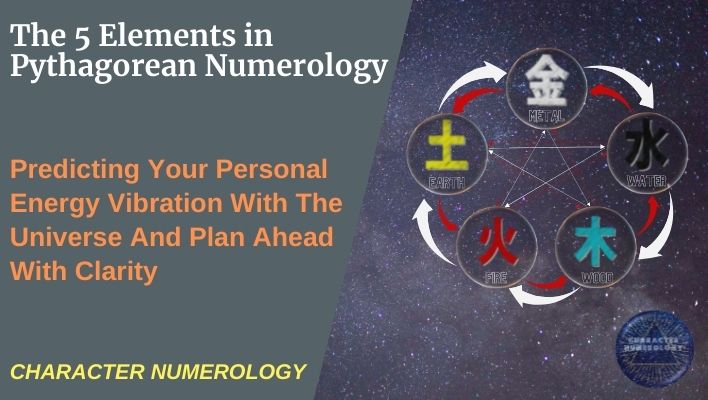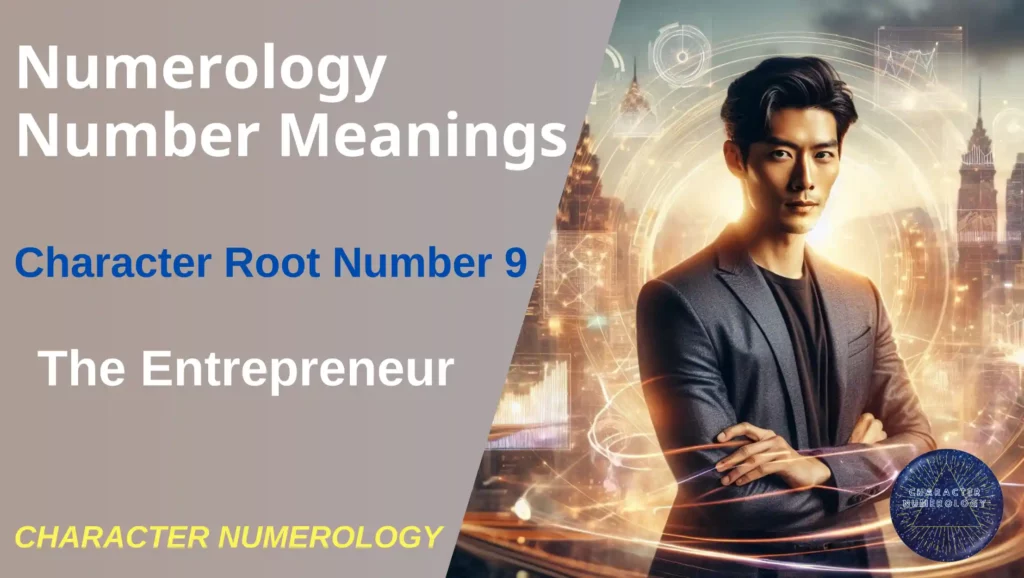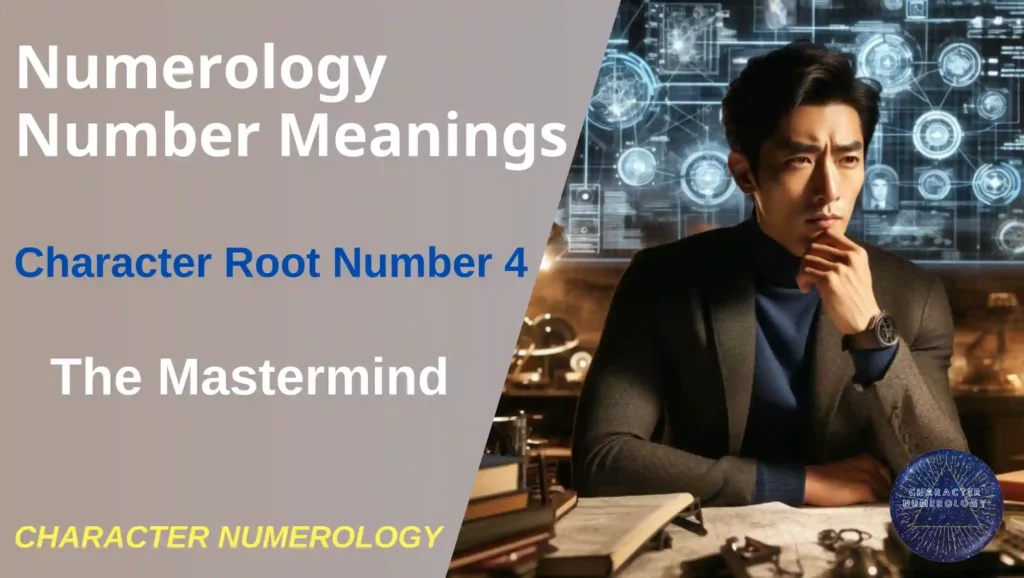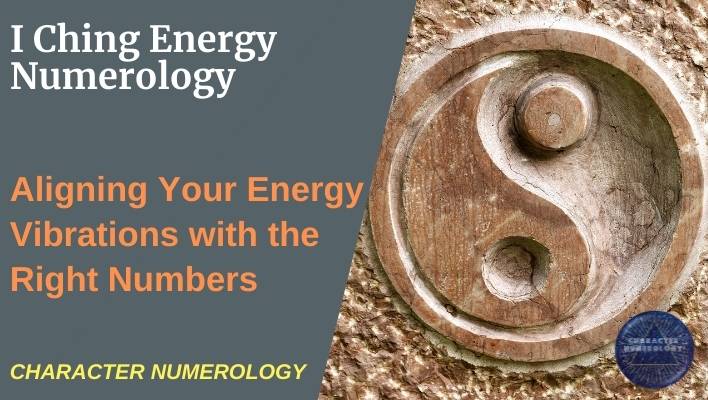When it comes to the question of how accurate is numerology, the answer largely depends on an individual’s belief system and how they adapt or react to the subjective norms of those around them.
Drawing from the Theory of Reasoned Action by Martin Fishbein and Icek Ajzen, our beliefs shape our attitudes toward various subjects. When combined with subjective norms—our perception of how others expect us to behave—these factors influence our intentions and actions.
The diagram below summarises the essence of this theory.
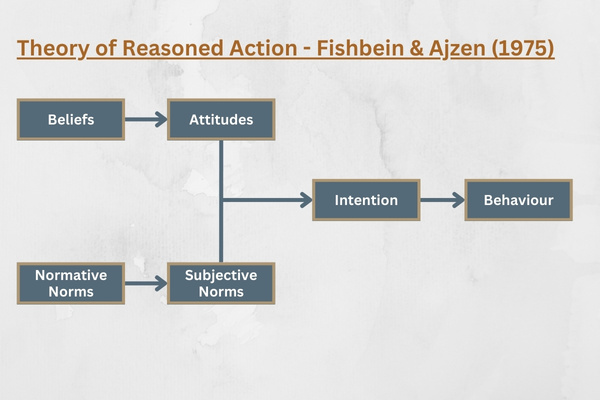
The perception of numerology’s accuracy and reliability is shaped by multiple factors, including personal beliefs and the way individuals interpret the opinions of others.
In the following sections, I will explore these factors, share my personal experiences with numerology, discuss its limitations and dilemmas, and offer insights on how we can enhance its accuracy.
Factors Influencing Our Perception On Numerology
Lack of Awareness or Understanding
Individuals encountering the term numerology for the first time may naturally be curious about its meaning. Unfortunately, a quick online search often leads to overwhelmingly negative portrayals.
Terms like pseudoscience, lack of scientific evidence, and Barnum effect dominate the search results, shaping the perception that numerology is unreliable or purely speculative.
As a result, people may dismiss numerology outright due to this negative framing. With little exposure to its principles or a clear understanding of how it works, they may see no reason to explore it further.
It’s important to recognise that scientific studies attempting to debunk numerology also come with their own assumptions and limitations.
Many of these studies may rely on a superficial understanding of numerology and tested it out even on a large sample size.
Naturally, doing things this way is likely going to prove that numerology is not accurate because the understanding is not complete.
Nevertheless, it should also be acknowledged that there is a lack of accessible, credible sources providing in-depth explanations to individuals from forming a well-rounded, informed opinion about numerology.
More work by renowned numerologists worldwide would need to get together to collaborate, consolidate their knowledge, and present a more structured, evidence-based perspective.
However, achieving this is no small feat—it is a monumental task.
Existence of Various Numerology Methods
Adding to the complication is that numerology is a generic term. It is akin to the word ‘music’, where there are many musical instruments in the world – piano, guitar, violin, ukelele, trumpets, the list goes on.
Similarly, there exist multiple forms of numerology methods, the most common or mainstream being the Pythagorean Numerology, Chaldean Numerology and the Kabbalah Numerology.
Within each of these mainstream numerology methods, numerologists around the world conduct their own research and create their own styles or variations, evolving and developing from their own acquired knowledge and experiences.
Beyond such mainstream numerology methods, there exist other types of numerology methods. For example, at Character Numerology, we practise the Pythagorean Inverted Triangle Numerology method and the I Ching Energy Numerology.
The latter differs from the I Ching Numerology, which may also be called the Plum Blossom Numerology.
In my conversation with a reader who reached out to me, I also came to know there is at least a Vietnamese form of numerology.
I’ve also chanced upon the term Tibetan Karmic numerology but I think I have enough on my plate for now and didn’t delve into it.
The point, as what this sub-section is driving at, is the fact that there are multiple forms of numerology.
How we perceive the accuracy of numerology depends on how well we are able to resonate with a particular method, through knowledge and application.
So when sceptics or those who are scientifically inclined debunk the accuracy of numerology, we should consciously clarify what area of numerology they are referring to.
For example, to what extent has numerology been tested by sceptics for it to be labelled as an example of the Barnum effect? This is something we should take into account and not accept things at face value.
There is knowledge about numerology that you won’t find online—not even with AI.
Some insights come only through deep study, personal experience, and mentorship from seasoned numerologists.
True understanding goes beyond what’s easily accessible; it requires practice, intuition, and real-world application.
Subjective Norms Arising From One’s Religion
When someone hears the term numerology for the first time, their initial impression often associates it with fortune-telling, mysticism, or the occult. Unfortunately, these stereotypes create misunderstandings that can shape public perception.
As a result, more religious individuals may view numerology with scepticism or disapproval, leading to a social stigma around its study.
This creates a subjective norm—a situation where those interested in numerology may feel hesitant to pursue it openly for fear of judgment.
I have personally encountered this dilemma. One of my students who is a Christian is deeply interested in numerology, Feng Shui, and BaZi, yet she shared that she cannot be publicly seen as knowledgeable in these fields by her church and her colleagues.
The fear of societal perception prevents her from openly embracing her curiosity.
It is unfortunate that numerology is often viewed negatively in certain parts of the world. When this happens, its credibility and perceived accuracy are frequently dismissed.
However, it is reassuring to know that many individuals from diverse backgrounds, including those of Christian and Islamic faiths, are actively learning numerology.
If we approach numerology as an art and science—one that helps us understand ourselves through numbers—perhaps more people would be open to its benefits.
After all, in Character Numerology, the focus is not on mysticism but on self-awareness, understanding others, and gaining insights into our environment.
If you can accept DISC profiling as a valid method of personality assessment that is so commonly applied in the corporate world, then there is no reason why numerology cannot be viewed through a similar lens.
DISC profiling is also classified as a pseudoscience in the online space.
Education & Scientific Perspective
A person’s educational background and exposure to scientific principles can significantly influence their perception of numerology.
Those with knowledge of psychology, mathematics, or the scientific method may approach numerology with a more critical mindset, often seeking empirical proof before accepting its validity.
One psychological concept frequently cited in discussions about numerology is the Barnum Effect—the tendency for people to believe vague, generalized statements apply uniquely to them.
Sceptics argue that numerology relies on this effect, making its insights appear more personalised than they actually are.
Additionally, individuals with a strong foundation in science or mathematics may demand measurable, repeatable evidence before considering numerology as a credible tool.
Since numerology lacks formal scientific validation, it is often dismissed as a pseudoscience by those who prioritise empirical research.
Furthermore, exposure to logical arguments against numerology—such as the absence of controlled studies proving its accuracy—can reinforce scepticism.
Many educational institutions emphasise critical thinking and evidence-based reasoning, shaping students to question claims that lack rigorous proof.
However, it’s important to note that while numerology may not fit within conventional scientific frameworks, it can still serve as a tool for self-reflection and personal growth.
The key lies in understanding its strengths and limitations while keeping an open yet discerning mind.
Personal Experience with Numerology
An individual’s personal experiences with numerology play a crucial role in shaping their perception of its accuracy.
If past numerology readings have aligned closely with their life events, they may develop a strong belief in its validity.
Conversely, if their experiences have been inconsistent or unconvincing, they may view numerology with scepticism.
For many, numerology serves as a tool for self-reflection and guidance, helping them make sense of their strengths, challenges, and life patterns.
When numerology provides meaningful insights—whether in career choices, relationships, or personal development—it reinforces trust in its accuracy.
However, the way people interpret their experiences can be influenced by confirmation bias.
If someone strongly believes in numerology, they may focus more on accurate predictions while overlooking instances where the numbers didn’t seem to match.
On the other hand, sceptics may dismiss numerology entirely after encountering a single inaccurate reading, without considering other potential factors at play.
Ultimately, personal experience is a powerful determinant of belief.
Whether one sees numerology as an insightful tool or a mere coincidence often depends on their willingness to explore it with an open yet critical mind.
My Experience With Numerology
Like most newcomers, I was sceptical when I first heard about numerology.
Coming from a banking background, I was deeply inclined toward facts and figures. Working in finance meant that precision was everything—numbers had to be accurate down to the last cent.
The idea that numbers could be used to analyse a person’s character seemed far-fetched and difficult to accept.
Yet, at the same time, it was an intriguing thought—using numbers not just for calculations but as a tool for understanding people.
When I attended my first numerology training, my perspective began to shift. It felt like I was being shown a secret knowledge like no other.
My teacher was spot on when he analysed my numbers. He accurately described my character, identified my strengths and weaknesses, and pointed out aspects of my life I should be mindful of.
And as he did that for others in the class, everyone was equally amazed.
Nevertheless, it was still unbelievable. I’ve always had a tendency to question things, and I knew I needed to validate this new knowledge for myself.
So this piece of knowledge needs to be tested.
Slowly and steadily, I plotted the numerology charts of people I knew, comparing the characteristics and personalities derived from their numbers with what I already understood about them.
Each chart I analysed brought a smile to my face. Time and again, I found a striking correlation—conservatively, I’d estimate a 90% match between what the numbers revealed and what I personally knew about these individuals.
To truly believe in something, we must put it into practice and see the results for ourselves.
The prerequisite is the willingness to embrace an open mind to try something new.
As I progressed with more confidence in my journey with numerology, I eventually launched Character Numerology Analysis to help people rediscover who they are and partner with them to gain clarity on what they want to do.
It’s an amazing feeling to help people I’ve never met before and then see the happiness on their faces when everything clicks.
The photo below warms my heart. It shows a stone path leading towards a lighthouse overlooking the vast ocean.

It symbolises a journey towards a guiding light that provides a better sense of direction in search of our purpose in life.
In that sense, numerology has empowered me with a method to be in better control of my life.
The Limitations and Dilemma of Numerology
Nevertheless, nothing is perfect in this world.
Numerology calculations reveal the energies that you inherit from birth.
The vibrational energies of the numbers in your date of birth follow you throughout life, shaping your character and influencing your tendencies.
That is the foundation of how we can understand a person’s characteristics by analysing their numbers.
The ability to have the technique to learn about a person’s characteristics in a matter of minutes significantly improves our ability to communicate with them.
Nevertheless, no two people are alike. Even individuals born on the same day may lead completely different lives that numerology alone cannot fully explain.
This is why we must approach numerology with a pragmatic mindset.
While it provides a powerful framework for self-awareness, there are external factors beyond numerology that also play a significant role in shaping our lives.
Let’s examine some of these influences.
Family background
Even if two people share the same birth date, their upbringing can lead to vastly different personalities.
Family values, parenting styles, and childhood experiences all contribute to character development.
Education and Social Environment
Beyond family influence, the education we receive—or lack thereof—also shapes us. The schools we attend, the mentors who guide us, and the friendships we form influence our mindset, character, and ambitions.
A person who excels academically and surrounds themselves with highly driven peers may develop differently from someone who struggles in school or drops out early.
The latter may actually turn out to be the better man.
The Role of Karma
Karma suggests that our past actions—whether in this life or previous ones—shape our present circumstances.
If you believe in Karma, then the deeds of your past lives could influence your current existence.
This means that even if two people share the same birth date and numerology chart, their past karmic actions might result in vastly different life experiences.
Some may seem luckier than others, despite having similar character traits.
Feng Shui
Feng Shui is another aspect that may change a person’s life.
Everything from the direction a house faces to its interior layout, the ornaments one keeps, and even ancestral burial sites can influence the energies surrounding a person.
That is if you believe.
For many, it is about living in a harmonious or balanced environment. When we are surrounded in such an environment, it fosters positive thoughts and actions, leading to better outcomes in life.
Religion
Religion, regardless of whether it is Christianity, Islam, Buddhism, or any other faith, often guides individuals toward moral and ethical living.
Engaging deeply with religious teachings can profoundly shape one’s character, reinforcing positive traits and helping to bring out the best character aspects of their Character Root Number (or you can call it the Life Path Number in the mainstream).
Each number has both positive and negative expressions, and one’s spiritual path can help cultivate its most beneficial qualities.
National Identification Number
For most countries, a citizen will be issued some form of a national identification number from birth. This is usually a string of numbers or it can be alphanumeric, and is unique to each individual.
Because it is also inherited from birth, the energies from these numbers and/or alphabets will also shape our lives.
Enhancing the Accuracy of Numerology
How can we further refine the accuracy of numerology to gain deeper insights into a person’s character?
As we’ve seen, various external factors can influence and sometimes obscure the accuracy of numerology calculations.
To improve precision and gain a more holistic understanding, one approach would be to pair different numerology methodologies together to validate the findings.
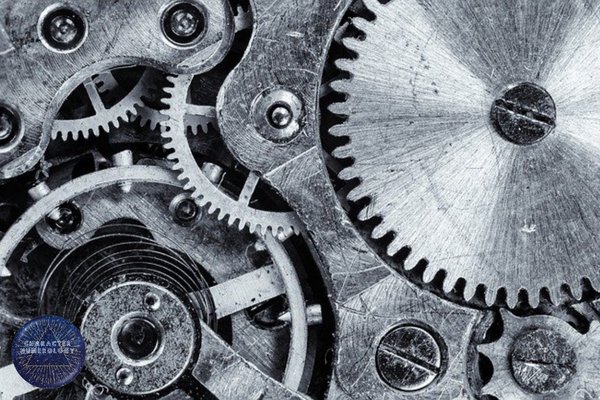
For example, pairing the Pythagorean Inverted Triangle Numerology method with the I Ching Energy Numerology method can offer deeper insights.
While the Pythagorean Inverted Triangle Numerology method looks at a person’s date of birth, the I Ching Energy Numerology method analyses a person’s life using their national identification number.
Additionally, it examines numbers acquired throughout life, such as mobile phone numbers and vehicle license plates.
The combined view provides a powerful insight into a person’s character and what he might be going through in his phases of life.
Key Takeaways
In this article, we have discussed the following:
The accuracy of numerology is subjected to the perception of the individual that is influenced by their beliefs and subjective norms.
Factors influencing our perception of numerology include:
lack of awareness,
complications due to the existence of various numerology methods,
subjective norms from one’s religion,
educational background and scientific inclination, and
prior personal experience in numerology
Sharing my journey in numerology
Highlight the limitations and dilemmas in numerology, and that we need to adopt a pragmatic mindset on how best to utilise numerology as a technique for our personal growth.
How to enhance the accuracy of numerology.
I hope this article has given you valuable insights into numerology.
It is essential to have an open mind and adopt a pragmatic approach to applying numerology in our daily lives.
If more people can do that, perhaps numerology can one day become a piece of mainstream knowledge.
Should you have any questions, or would like to share your views and experiences, feel free to leave a comment below—I’d love to hear from you!
